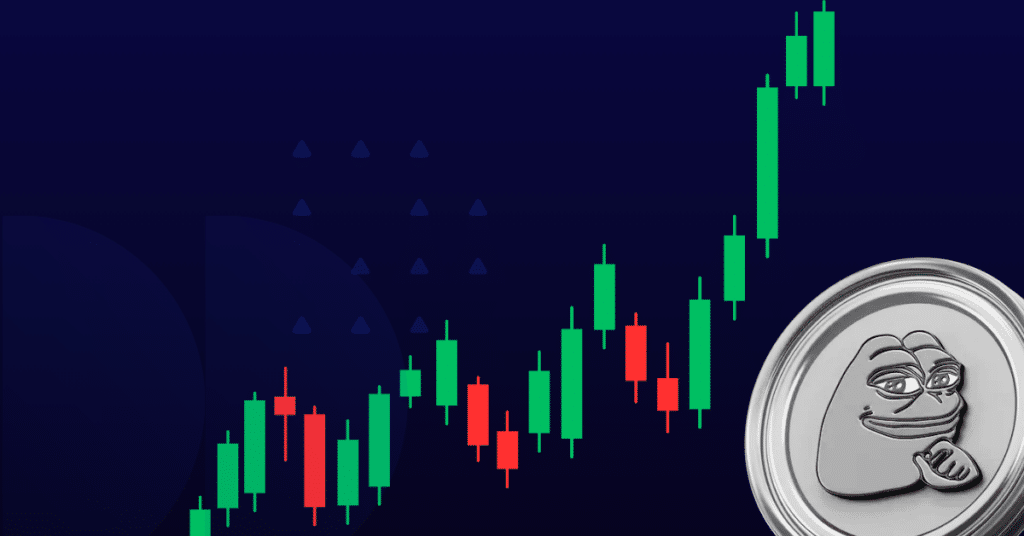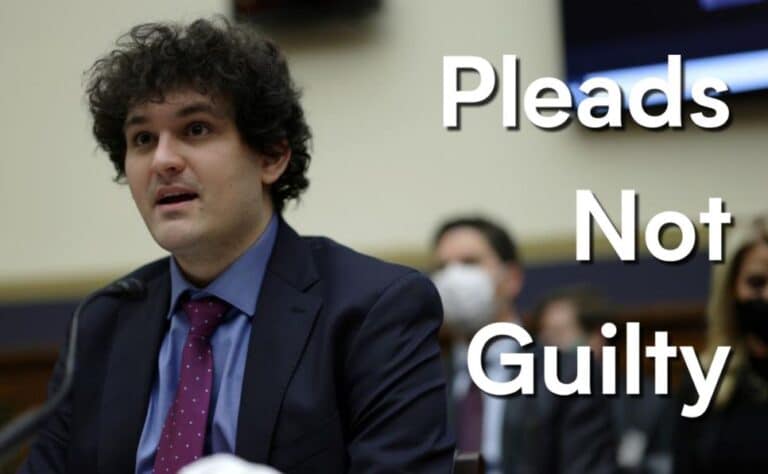This week in crypto is all about bold moves and jaw-dropping returns. In Texas, lawmakers are considering a groundbreaking bill to create a Bitcoin reserve funded entirely by voluntary donations, signaling the state’s growing embrace of cryptocurrency. Meanwhile, MicroStrategy has doubled down on its Bitcoin strategy, acquiring 15,350 BTC for $1.5 billion, pushing its total holdings to a staggering 439,000 BTC. And in the world of memecoins, a savvy trader turned a mere $27 investment in Pepe into an unbelievable $52 million. Let’s dive into these stories and what they mean for crypto enthusiasts like you.

Texas Lawmaker Proposes Bill to Create State Bitcoin Reserve
A Texas lawmaker has introduced a bill to establish a state-run Bitcoin reserve, positioning the cryptocurrency as a long-term strategic asset for the state treasury. The “Texas Strategic Bitcoin Reserve Act,” proposed by Representative Giovanni Capriglione, would allow Texas to hold Bitcoin for at least five years, funded solely through voluntary donations from residents, businesses, and other sources. The proposal explicitly avoids using taxpayer funds to purchase Bitcoin, which the Texas Blockchain Council argues will make the bill more politically viable. The reserve is designed to strengthen Texas’s financial position while minimizing risk to taxpayers.
The bill, filed as HB 1598, requires a two-thirds majority in both the Texas House and Senate to become law. It will be considered during the legislature’s next regular session starting on January 14. This proposal follows a broader trend of U.S. states exploring Bitcoin reserves, with similar legislation introduced in Alabama and Pennsylvania. At the national level, President Donald Trump has also suggested creating a “strategic national Bitcoin stockpile,” reflecting growing interest in integrating cryptocurrency into government policy and financial planning.

MicroStrategy Buys $1.5B in Bitcoin, Total Holdings Reach 439K BTC
MicroStrategy, one of the largest corporate Bitcoin holders, has purchased an additional 15,350 BTC for $1.5 billion, bringing its total holdings to 439,000 BTC, valued at roughly $45.6 billion. The purchase, made between December 9 and 15 at an average price of $100,386 per Bitcoin, was financed through a convertible notes sales agreement. Founder Michael Saylor remains unwavering in his confidence, stating, “I’m sure that I will be buying Bitcoin at $1 million a coin — probably $1 billion a day of Bitcoin at $1 million a coin.” The company’s aggressive Bitcoin strategy has propelled its stock price up 490% year-to-date, earning it a spot on the Nasdaq-100 Index.
This highlights how some major corporations are using Bitcoin as a strategic reserve asset, signaling increasing adoption of cryptocurrency in mainstream financial systems. MicroStrategy’s investments showcase how Bitcoin’s perceived value can influence traditional stock markets, as reflected in the company’s increased share price. For everyday individuals, this underscores Bitcoin’s growing role in the economy and how it could shape future financial opportunities, from investments to payment systems. Saylor’s bold outlook also reflects a broader confidence in Bitcoin’s long-term potential.

Trader Turns $27 into $52 Million with Pepe Memecoin Investment
A cryptocurrency trader has achieved an extraordinary return on investment, turning a $27 purchase of the Pepe memecoin into $52 million. According to blockchain analytics firm Lookonchain, the trader had been inactive for 600 days before moving their 2.1 trillion Pepe tokens to a new wallet. Earlier this year, another investor made $46 million from a $3,000 investment in Pepe, further showing the outsized returns some traders have managed to achieve.
Memecoins like Pepe have been among the top-performing cryptocurrencies of 2024, with Pepe rising over 1,600% year-to-date. Experts suggest that memecoin popularity reflects growing dissatisfaction with traditional financial systems among younger investors. “The success of memecoins can be seen, like punk rock, as a symptom of disillusioned young investors who have seen the opportunities afforded to their parents disappear,” said Hao Yang, head of financial products at Bybit. However, these investments come with significant risks, as their volatility can result in heavy losses, as seen during December’s $1.7 billion crypto market sell-off.








